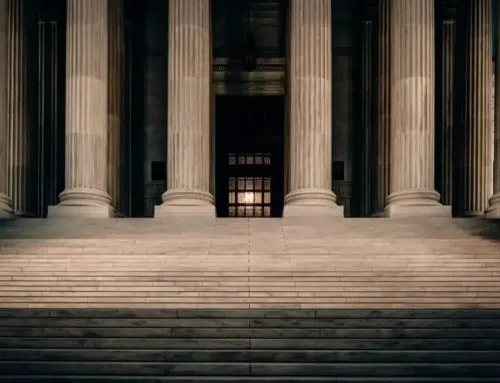The Fourth Amendment has been under attack during the last few decades, as the Supreme Court of the United States has sanctioned exception after exception to the warrant requirement. In United States v. Leon, the Supreme Court created the “good faith” exception to the Fourth Amendment’s warrant requirement. Under the good faith exception, evidence seized based upon an invalid warrant by a police officer acting with the good faith belief that the warrant is valid remains admissible in a criminal trial.
In recent years, the good faith exception has continued to expand and has all but swallowed up the Fourth Amendment’s warrant requirement and the exclusionary rule. In 2014, the Supreme Court held in Heien v. North Carolina, that the good faith exception applies to mistakes of law made by police officers. In other words, if a police officer made a reasonable mistake of law about his authority to stop an individual, the stop will nonetheless be upheld as constitutional and evidence obtained as a result of the stop will be admissible in a criminal trial.
Despite the erosion of Fourth Amendment protections in recent years, at Black & Askerov, PLLC we have continued to identify Fourth Amendment violations committed by federal law enforcement officer and use them to our clients’ advantage. We are well-versed in Fourth Amendment law in the Ninth Circuit and the distinctions between federal search and seizure law and state search and seizure law. Call us today for a consultation.





